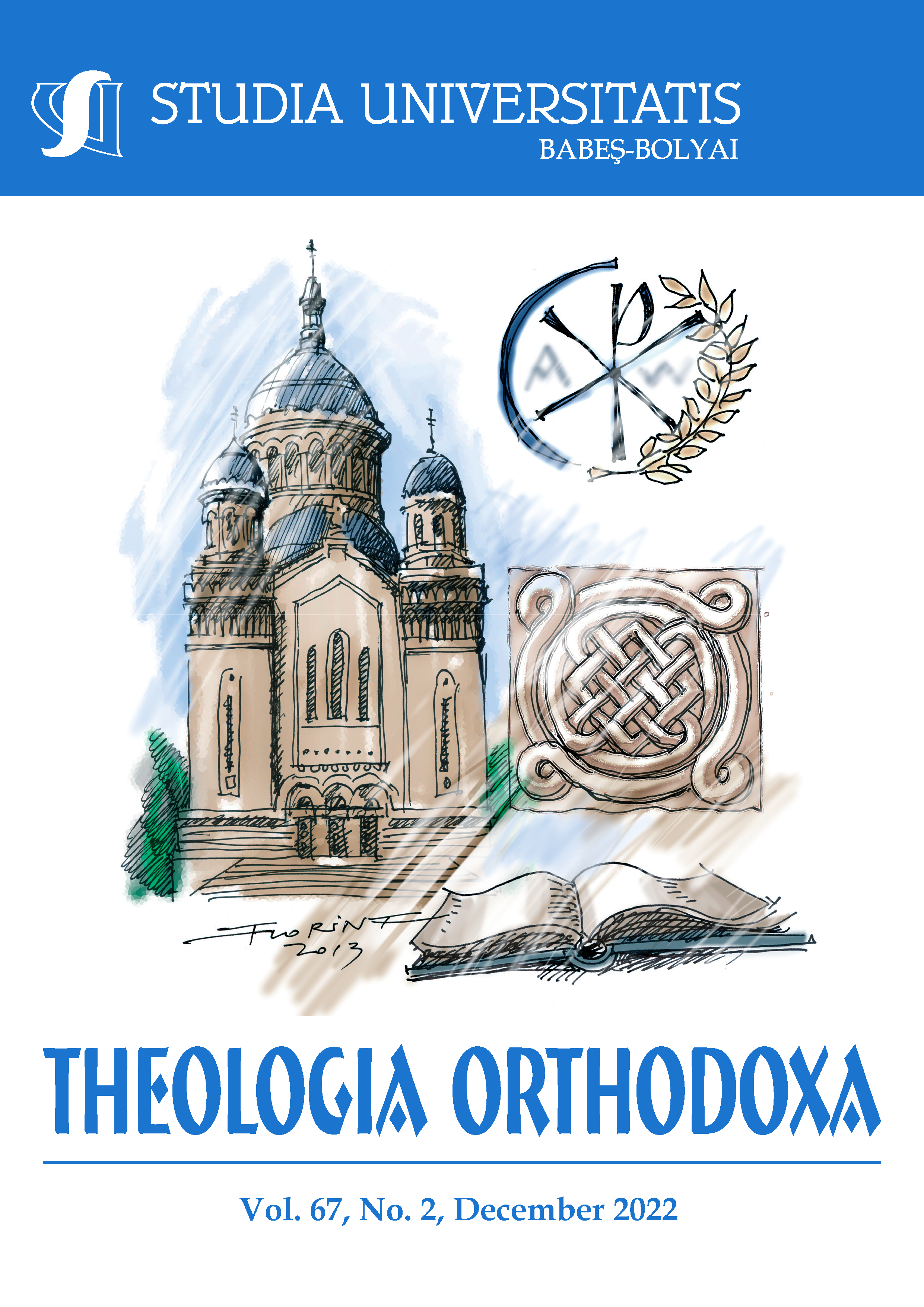THE HESYCHAST MOVEMENT AND THE LITURGY
THE HESYCHAST MOVEMENT AND THE LITURGY
Author(s): Job GetchaSubject(s): Christian Theology and Religion, Pastoral Theology, History of Religion
Published by: Studia Universitatis Babes-Bolyai
Keywords: hesychasm, liturgy; reform; neo-Sabaite Typikon; prayer; sacraments; vigil; fasting; Communion; Gregory of Sinai; Gregory Palamas; Philotheos Kokkinos; Kallistos and Ignatios Xanthopoulos;
Summary/Abstract: This article shows the influence of the Hesychast movement on the liturgy, which led to a major liturgical reform in the Byzantine world. The ideal of “praying without ceasing” as a fruit of baptism led the hesychasts to consider it as the aim of the life of all Christians, monks and lay people, and to consider the neo-Sabaite Typikon as the most adapted ordo to serve as a school of prayer and to foster vigil and fasting, regarded in the patristic tradition as the main weapons against sin and passions. Conscious that “life in Christ” was anchored in the sacramental life of the Church, the hesychasts encouraged frequent communion and regarded the sacraments not as acts of individual piety but rather underlined their ecclesial and eschatological dimensions.
Journal: Studia Universitatis Babes-Bolyai - Theologia Orthodoxa
- Issue Year: LXVII/2022
- Issue No: 2
- Page Range: 19-39
- Page Count: 21
- Language: English

